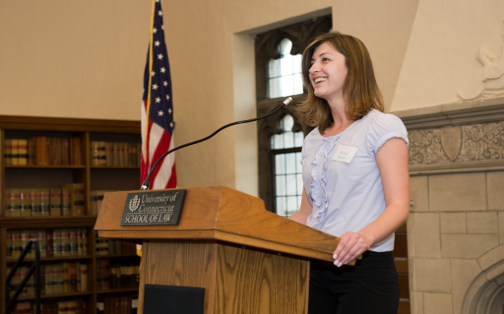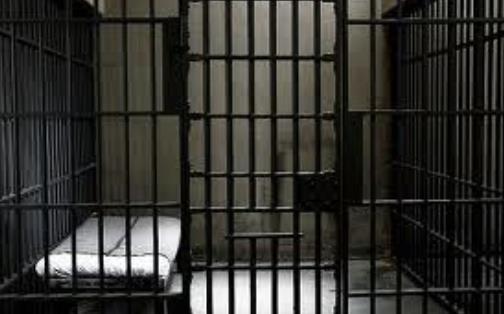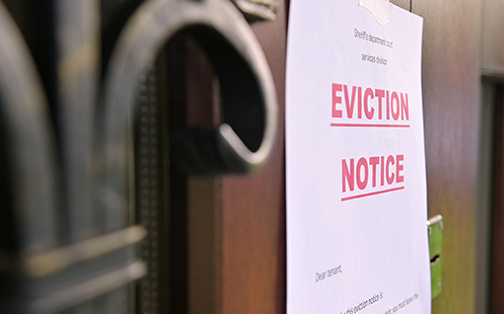Clinics and Experiential Education
UConn School of Law, a pioneer in experiential legal education, allows students to choose from a broad and diverse range of options to engage in the real-world practice of law, to put their classroom learning into practice, and to develop their legal knowledge, skills and professional identities. These choices include 15 supervised in-house and partnership clinics and six field placement programs, all of which satisfy UConn Law's practice-based learning requirement. In addition, the associate dean for academic affairs may designate certain courses to satisfy this requirement.
Through these programs, each student receives at least one intensive, carefully supervised live-lawyering experience before graduation, an essential supplement to classroom-based learning that helps prepare them to practice law competently and ethically.
In-House Clinics
The eight in-house clinics are the heart of the UConn Law clinical program. They are essentially small law firms, operated by the law school but taught and run independently by full-time professor-lawyers, that together serve a range of community needs. Students are given primary responsibility for client matters, a unique aspect of in-house clinics that provides students an unparalleled opportunity to develop skills, judgment, and a sense of professional identity, in a collegial and supportive learning environment.
Partnership Clinics
The partnership clinics are collaborative endeavors between the UConn School of Law and various partner agencies and organizations. Senior lawyers at the partner organization serve as adjunct faculty, mentoring students and supervising their legal work, sometimes along with other in-house lawyers. Students get valuable live client and/or live office experience assisting with the work of a nonprofit advocacy organization, a government agency, or on behalf of low-income, pro bono clients.
Field Placements
Field placement courses offer students opportunities to extern at non-profit legal services, advocacy and public policy organizations; government offices and agencies; private law firms; corporate in-house legal departments; prosecutors’ and criminal defenders’ offices; federal and state judicial chambers, and adjudication divisions of administrative agencies. The Semester in DC program gives students an opportunity to live, work and study in the nation's capital.







